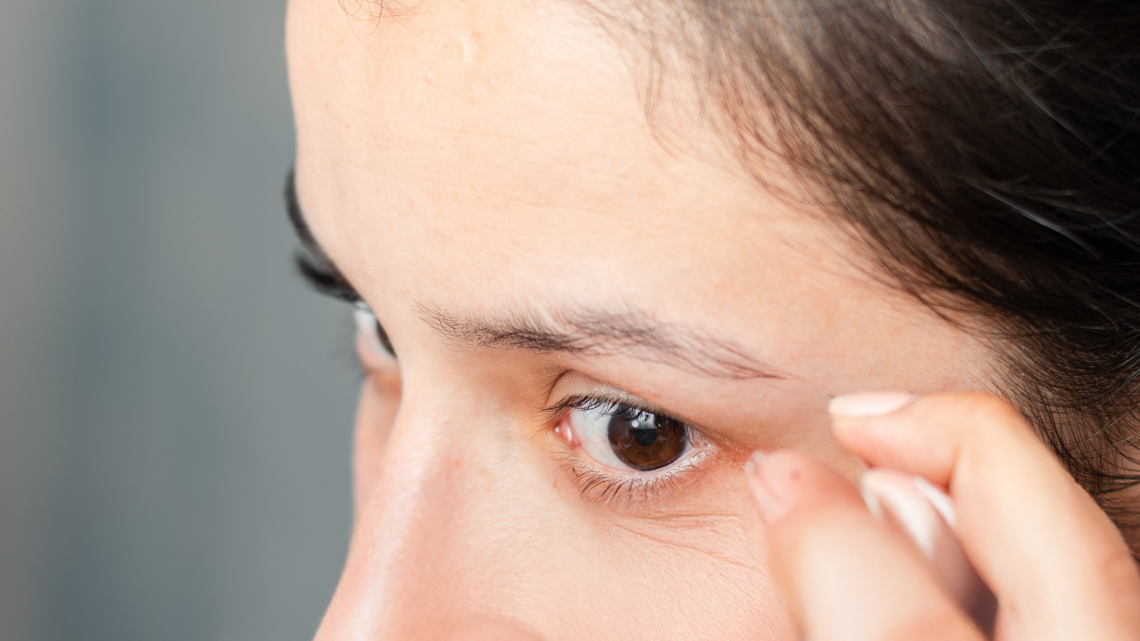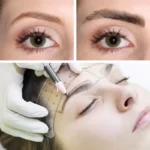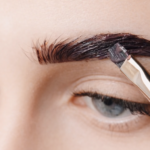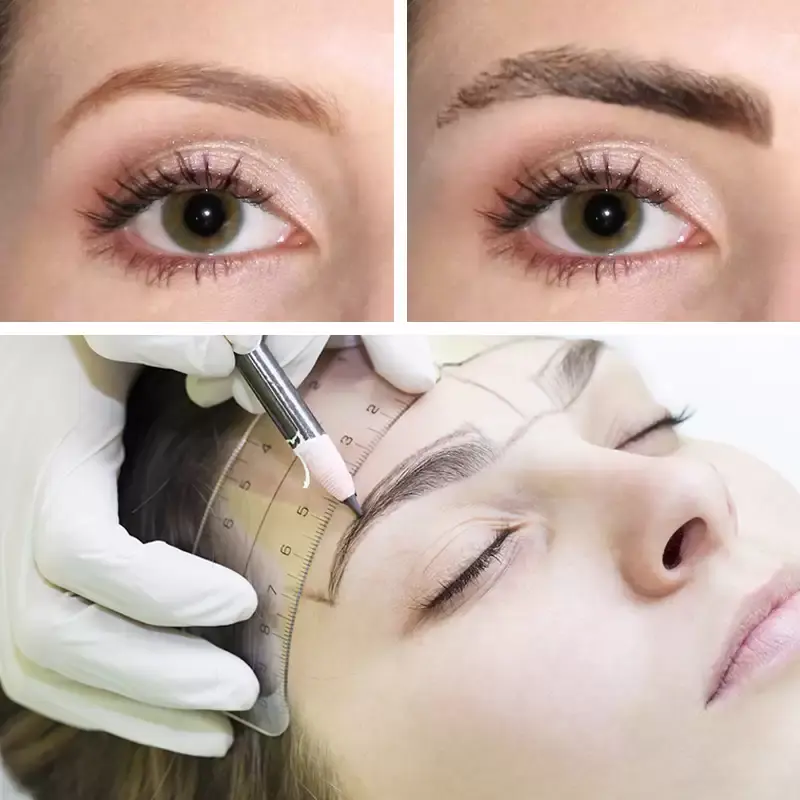Table of Contents
ToggleKopelman Hair specializes in advanced PRP treatments designed to stimulate hair growth and support long-term results. A common patient question we receive is: Can I take multivitamins after PRP? This article offers clear, evidence-based guidance to help you make safe decisions post-treatment.
What You Can and Can’t Take After PRP
How Soon Can I Take Multivitamins After PRP?
After a PRP injection, it’s generally safe to resume multivitamins within 48 to 72 hours. This waiting period allows initial inflammation to subside and gives your body time to absorb the injected plasma without interference.
Your provider may adjust this window based on individual healing or medication use. Always follow the aftercare protocol provided by your practitioner. In the first 24 hours after your injection, rest and avoid unnecessary strain. Many patients ask if exactly 48 hours is enough—this is typically the minimum recommended time before resuming supplements, depending on your healing process.
Can I Take Multivitamins After PRP in the Morning?
Yes, taking multivitamins in the morning after the recommended 48-hour waiting period is fine. What matters most is not the time of day, but that you avoid taking them too soon after the injection.
Spacing them away from anti-inflammatory medications and blood-thinning supplements is also important for optimal healing.
Which Supplements Are Safe After PRP?
Certain supplements can support your body’s natural healing response if taken at the right time.
- Magnesium: Can I take magnesium after PRP injection? Yes—but wait 2-3 days post-treatment. Magnesium may help relax muscles and support cellular recovery.
- Vitamin D: Safe to resume after the initial recovery period. It helps regulate immune response and may assist in tissue repair.
- Fish Oil: High doses may thin the blood. Resume only if approved by your provider.
- Collagen: Often taken to support skin and tissue repair. Introduce slowly after 3–4 days unless advised otherwise.
How Nutrients Affect PRP Results
Platelets work by releasing growth factors that support healing and tissue repair. Certain nutrients may help this process, while others can slow it down if taken too soon.
Key factors that influence PRP results:
- Blood flow: Thinned blood (from fish oil or NSAIDs) may reduce platelet concentration.
- Cellular activity: Vitamins like B12 and magnesium support energy production, but should only be resumed after healing begins.
- Immune balance: Some immune-modulating supplements might interfere with the inflammatory response that triggers repair.
Always discuss supplement interactions with your healthcare provider, especially if you are taking multivitamins with herbs or high-potency compounds.
What to Avoid Before and After PRP
Supplements to Avoid Before PRP (Including Multivitamins)
Some supplements may interfere with platelet function or increase the risk of bleeding. These are commonly avoided in the 3–7 days prior to your PRP session:
- Vitamin E
- Fish oil
- NSAIDs (ibuprofen, aspirin)
- Ginkgo biloba
- Garlic capsules
- High-dose multivitamins with blood-thinning agents
If you’re wondering about supplements to avoid before a PRP injection, your provider will provide you with a specific list during your pre-treatment consultation. Anti-inflammatory drugs should also be avoided unless otherwise directed.
What If You Took Supplements Before PRP by Mistake?
If you took a supplement on the list of substances to avoid before PRP, let your provider know right away. They may advise one of the following:
- Reschedule your session to reduce the risk of bleeding or reduced platelet performance.
- Proceed with caution if the dosage was low or if enough time has passed.
- Modify your aftercare instructions to reduce compounding risks.
It’s common for patients to forget a detail or misread a label. The important thing is to be transparent and allow your provider to make an informed decision.
Foods to Avoid After PRP
Avoid foods that may cause inflammation or impact blood flow. These include:
- Excess sugar
- Alcohol
- Processed meats
- Fried foods
- High-sodium snacks
A clean, whole-foods diet supports better healing. Drinking plenty of water is also essential during recovery.
Supporting PRP Recovery
How to Speed Up PRP Healing
To support healing and results after PRP:
- Stay hydrated
- Get 7–9 hours of sleep
- Eat protein-rich meals
- Avoid smoking or alcohol
- Follow all post-treatment instructions
These actions promote cellular regeneration and help your plasma work more effectively. Applying ice to the treated area in the first few hours may also help reduce swelling, if recommended by your provider.
Can Vitamins Improve PRP Hair Growth Results?
Some nutrients may support hair growth after PRP, especially when introduced at the right time. These include:
- Biotin: May improve keratin infrastructure.
- Zinc: Supports tissue growth and immune function.
- Iron: Needed for red blood cell production.
Don’t add these to your routine without clearance, but if deficiencies are identified, supplements may enhance PRP outcomes when timed properly.
Safe Timing for Vitamin Use
Can I take a multivitamin and vitamin B complex after PRP? Yes, once the initial 48–72 hour recovery window passes. B-complex vitamins support energy and red blood cell function, but they should be introduced gradually under guidance.
Dr. Kopelman often recommends spacing supplements 2–3 hours apart from medications to reduce potential interactions.
How Long Does Plasma Take to Regenerate?
The body typically takes 7–10 days to fully regenerate platelet-rich plasma. During this period, the injected platelets stimulate collagen production and cell repair. Avoid disrupting this phase with unnecessary medications or supplements.
Understanding how long plasma takes to regenerate helps set realistic expectations for visible results. Supporting your immune system with rest and nutrition can help the healing process.
Ask Your Doctor About Supplement Plans
Not all supplements are right for every patient. Health conditions, medications, and allergies can influence what’s safe. Always consult with your provider about your supplement routine.
At Kopelman Hair, our clinical team tailors each aftercare plan. Dr. Kopelman often reviews your full supplement list to avoid conflicts and support faster healing.
If you’re planning to donate plasma, be sure to check with your provider. PRP therapy temporarily alters your platelet levels, and most experts recommend waiting at least one week after treatment before resuming blood donations or scheduling a plasma donation.
For more detailed recovery steps, see our complete guide to PRP aftercare, including what to avoid in the days following your treatment.
Understanding PRP Treatment
What Is PRP and How It Works
PRP (platelet-rich plasma) therapy uses a sample of your blood, processed to concentrate the platelets, which are then injected into targeted areas to promote tissue repair and stimulate hair growth.
This technique is commonly used for hair restoration and orthopedic recovery. The injected platelets release growth factors that enhance healing and encourage cellular activity at the treatment site.
If you want to see real examples of the results PRP can achieve, visit this PRP before and after gallery.
By following supplement guidelines and post-care steps, you can enhance the effectiveness of your PRP sessions and support a smoother recovery. Monitoring your blood pressure and overall wellness during recovery helps ensure safe results and reduces the chance of any unexpected side effect.
Final Notes on Multivitamins and PRP Recovery
Supplements like multivitamins and magnesium can support PRP recovery when used at the right time. Always follow your provider’s guidance.
At Kopelman Hair, Dr. Kopelman tailors each recovery plan to ensure safe, effective results. Schedule your personalized consultation now.
























